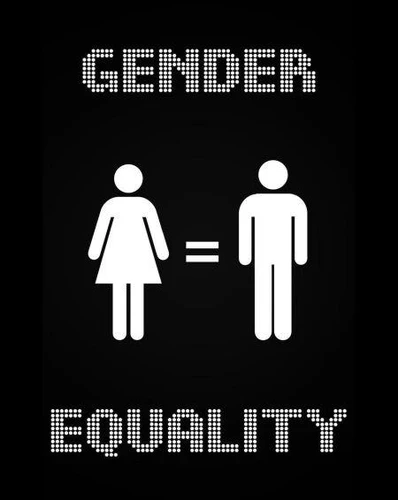Genesis 2:18 Revisited: Women as Essential Helpers in God’s Creation Plan
Par :Formats :
Disponible dans votre compte client Decitre ou Furet du Nord dès validation de votre commande. Le format ePub est :
- Compatible avec une lecture sur My Vivlio (smartphone, tablette, ordinateur)
- Compatible avec une lecture sur liseuses Vivlio
- Pour les liseuses autres que Vivlio, vous devez utiliser le logiciel Adobe Digital Edition. Non compatible avec la lecture sur les liseuses Kindle, Remarkable et Sony
 , qui est-ce ?
, qui est-ce ?Notre partenaire de plateforme de lecture numérique où vous retrouverez l'ensemble de vos ebooks gratuitement
Pour en savoir plus sur nos ebooks, consultez notre aide en ligne ici
- FormatePub
- ISBN8227786340
- EAN9798227786340
- Date de parution18/09/2024
- Protection num.pas de protection
- Infos supplémentairesepub
- ÉditeurBig Dog Books, LLC
Résumé
This paper revisit Genesis 2:18 through the channel of the liberation approach, centering on women as essential helpers in God's creation plan. By examine the Hebrew term "ezer" (Helper) and "kenegdo" (Corresponding to him), the study questioning traditional interpretations that have been used to subordinate women in religious, political, and social spheres. It spotlights Biblical examples like Deborah, Miriam, and Ruth, who assume leadership and provide roles, demonstrating that women are called to serve as equal to men.
Grounding on this examples, the paper critiques the cultural and religious biases in Ghana that continue to exclude women from leadership roles and salient responsibilities. The findings support that women are not merely assistants but are essentials, equal partners in all aspect of life as originally intended in God's creation plan.
Grounding on this examples, the paper critiques the cultural and religious biases in Ghana that continue to exclude women from leadership roles and salient responsibilities. The findings support that women are not merely assistants but are essentials, equal partners in all aspect of life as originally intended in God's creation plan.
This paper revisit Genesis 2:18 through the channel of the liberation approach, centering on women as essential helpers in God's creation plan. By examine the Hebrew term "ezer" (Helper) and "kenegdo" (Corresponding to him), the study questioning traditional interpretations that have been used to subordinate women in religious, political, and social spheres. It spotlights Biblical examples like Deborah, Miriam, and Ruth, who assume leadership and provide roles, demonstrating that women are called to serve as equal to men.
Grounding on this examples, the paper critiques the cultural and religious biases in Ghana that continue to exclude women from leadership roles and salient responsibilities. The findings support that women are not merely assistants but are essentials, equal partners in all aspect of life as originally intended in God's creation plan.
Grounding on this examples, the paper critiques the cultural and religious biases in Ghana that continue to exclude women from leadership roles and salient responsibilities. The findings support that women are not merely assistants but are essentials, equal partners in all aspect of life as originally intended in God's creation plan.



